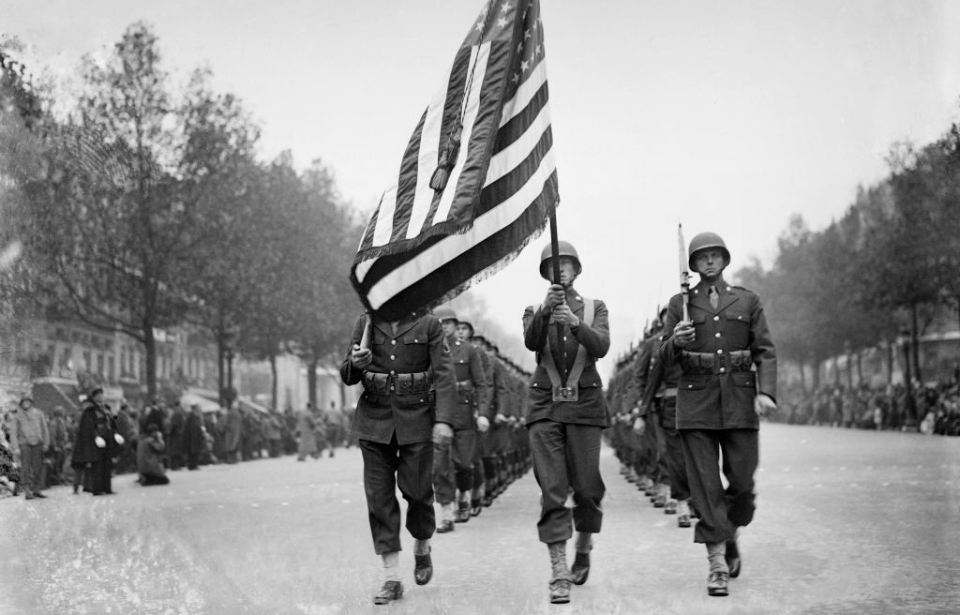The liberation of Paris during World War II stands as one of the most significant moments in France’s history. Its liberation was a turning point in the conflict, marking the end of the German occupation and the restoration of hope for its citizens. Following the enemy invasion in 1940, Paris fell under the iron grip of Germany, and for four long years endured oppression, curfews and the persecution of its Jewish population.
The occupiers sought to crush the French spirit and impose their ideologies upon the once-vibrant city. However, even under such dire circumstances, the seeds of resistance began to take root, giving birth to the French Resistance. This clandestine network of patriots, ordinary citizens and intellectuals defied the German regime by operating underground, gathering intelligence, assisting Allied servicemen trapped behind enemy lines and conducting acts of sabotage.
The French Resistance was instrumental in paving the way for the liberation of Paris. As WWII progressed, the tides began to turn against the Axis powers. In June 1944, the Allies launched the Normandy invasion, codenamed Operation Neptune. This success marked a pivotal moment in the war, and the Allies began their advance across France.
As they approached Paris, the French Resistance saw an opportunity to take action. On August 19, 1944, an uprising erupted in the city, sparked by calls of Resistance leaders and the Parisian public’s determination to free themselves from German rule. Barricades were erected on the streets and Resistance fighters, often minimally armed, faced their occupiers.
Free French forces arrived on August 24, under the command of Gen. Philippe Leclerc. Recognizing the futility of his men’s efforts, the German military governor of Paris, Gen. Dietrich von Choltitz, surrendered on August 25. Gen. Charles de Gaulle arrived soon after, marching down the Champs-Élysées to re-occupy the city’s War Ministry.
The liberation of Paris was complete, and the city erupted in celebration as it welcomed the end of the German occupation.
More from us: Mass Piles of Shoes Represent the Number of Jewish Dead at Auschwitz
Not only were they able to celebrate their newfound freedom, they were soon able to commemorate many important anniversaries that they previously couldn’t during the occupation. Paris was liberated just in time for there to be a military parade held to mark the victory against Germany during the First World War. The above photo shows American soldiers marching across the free city in the November 11, 1944 parade.
